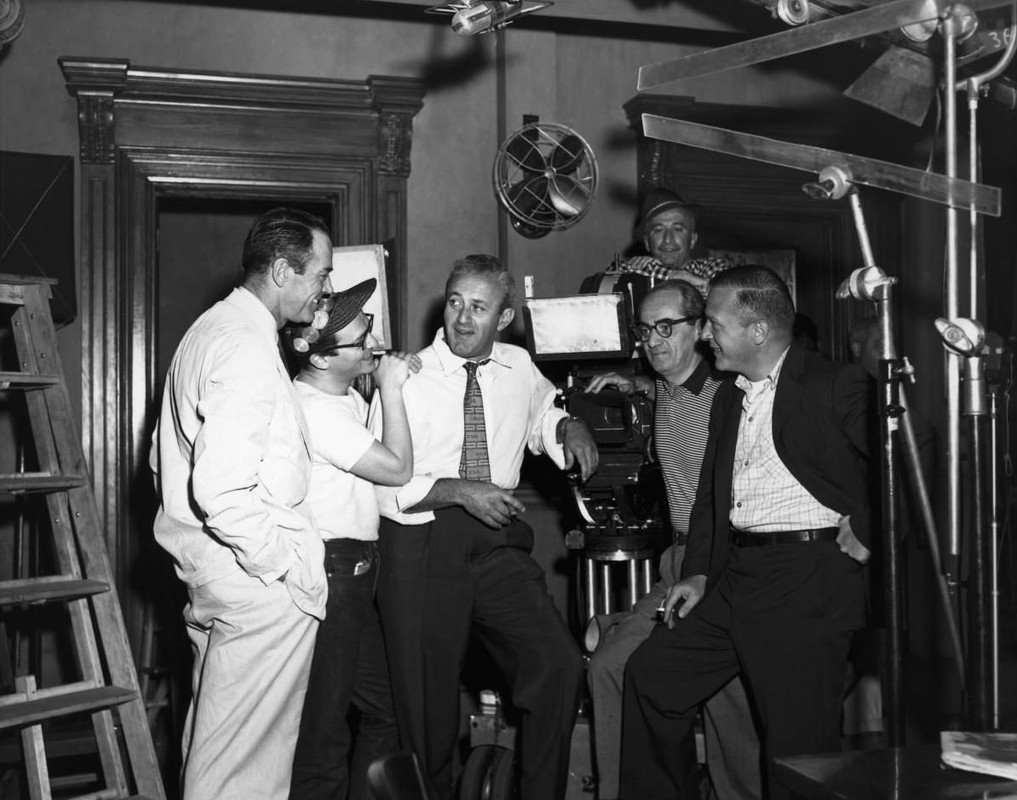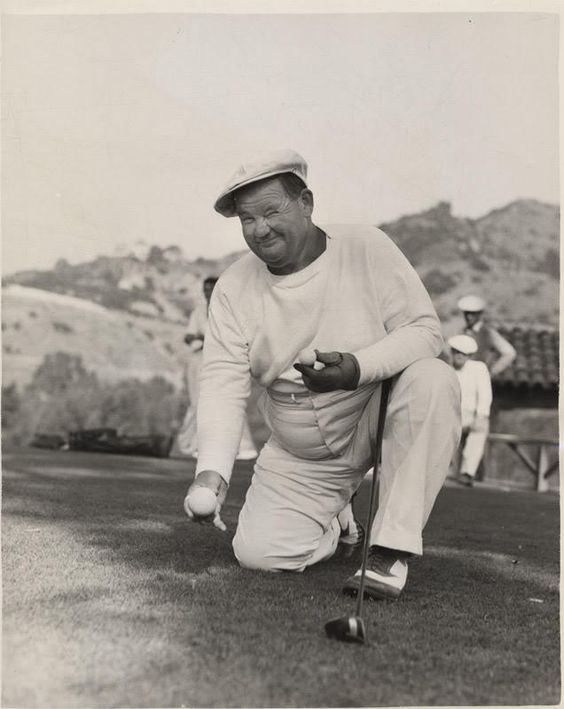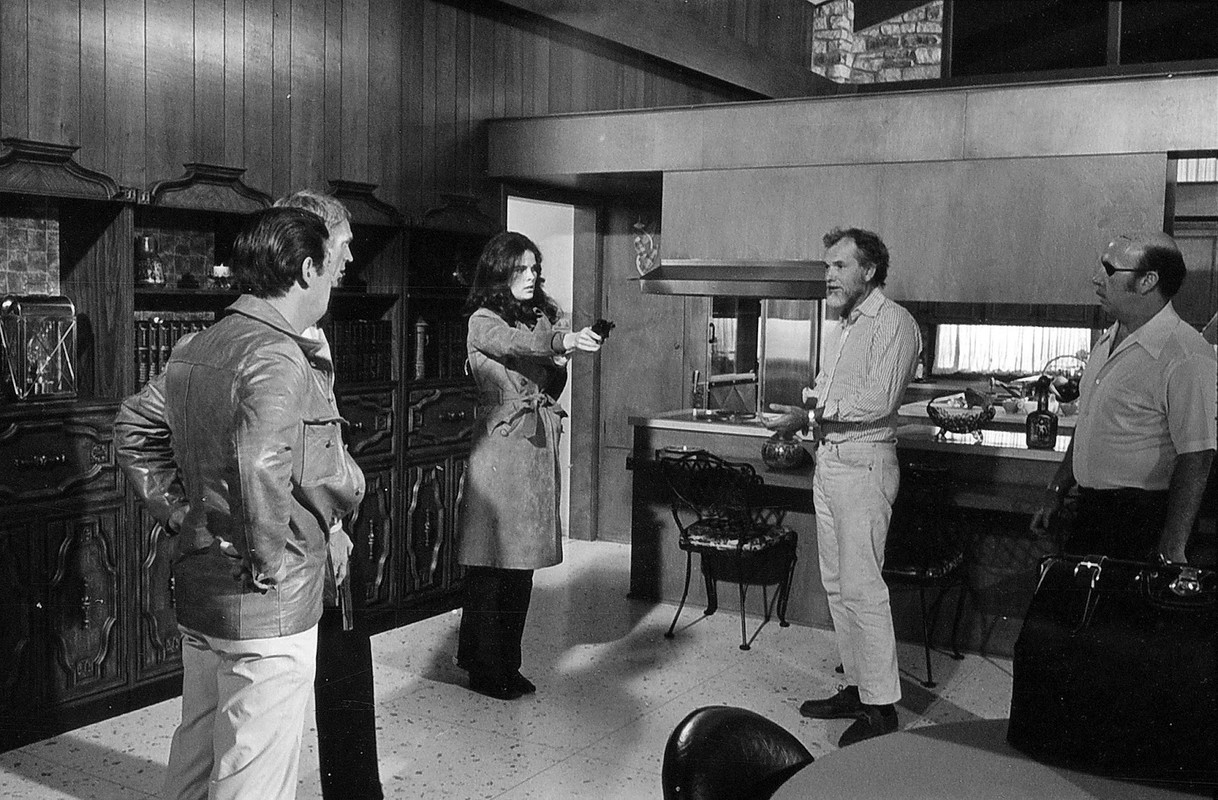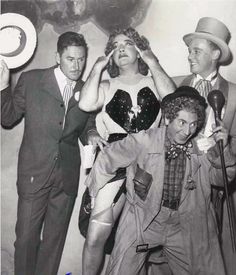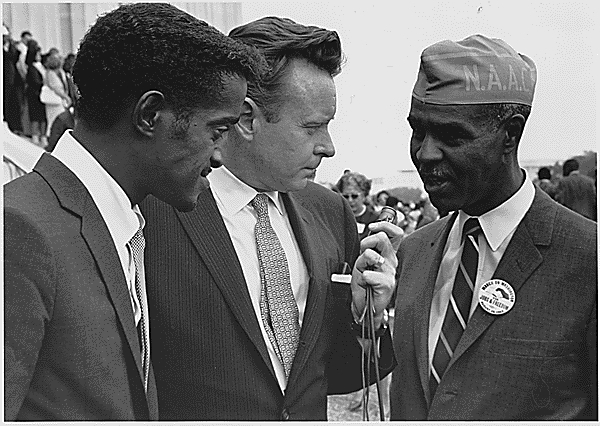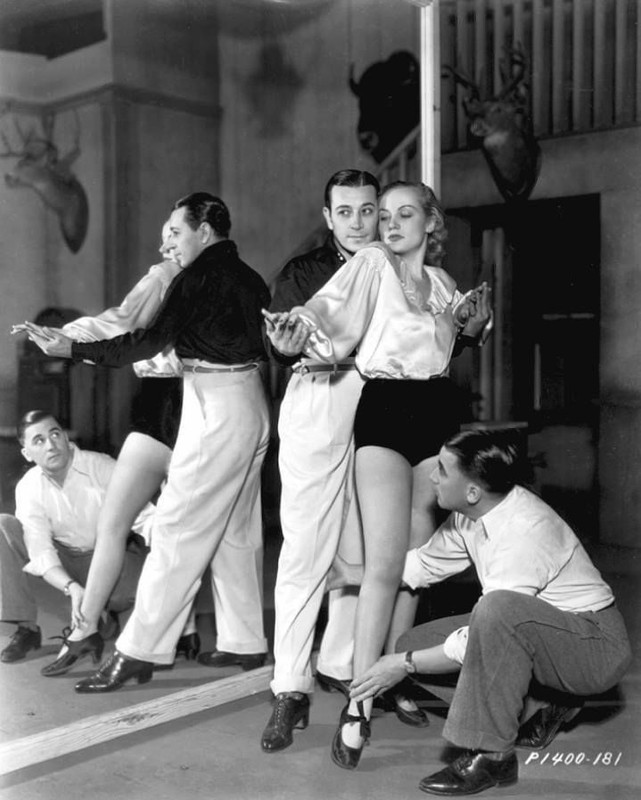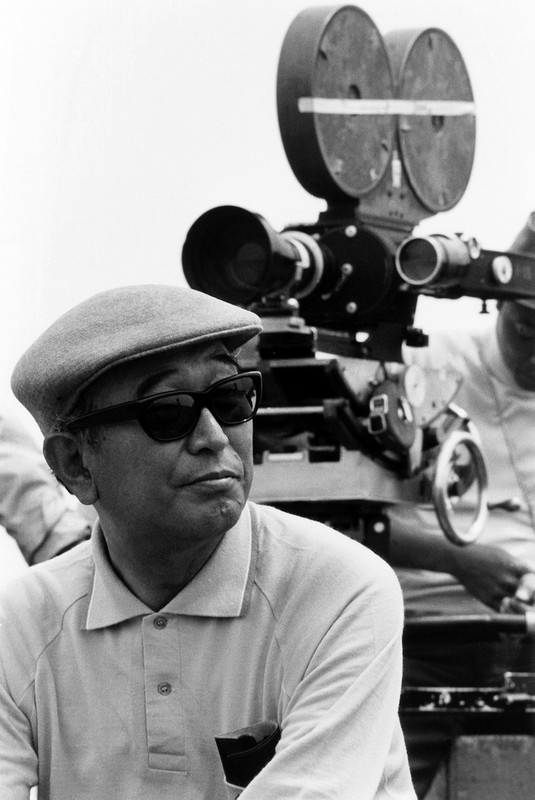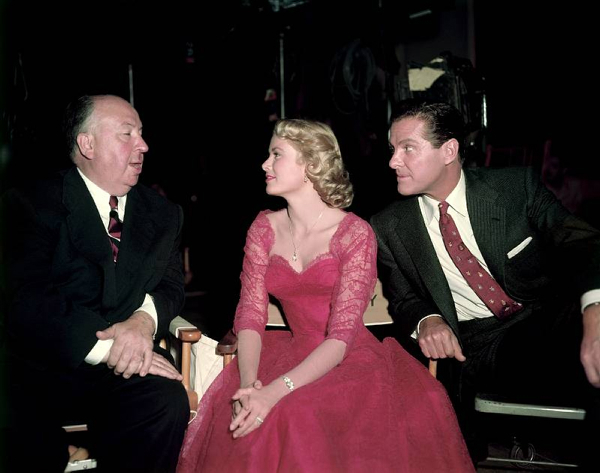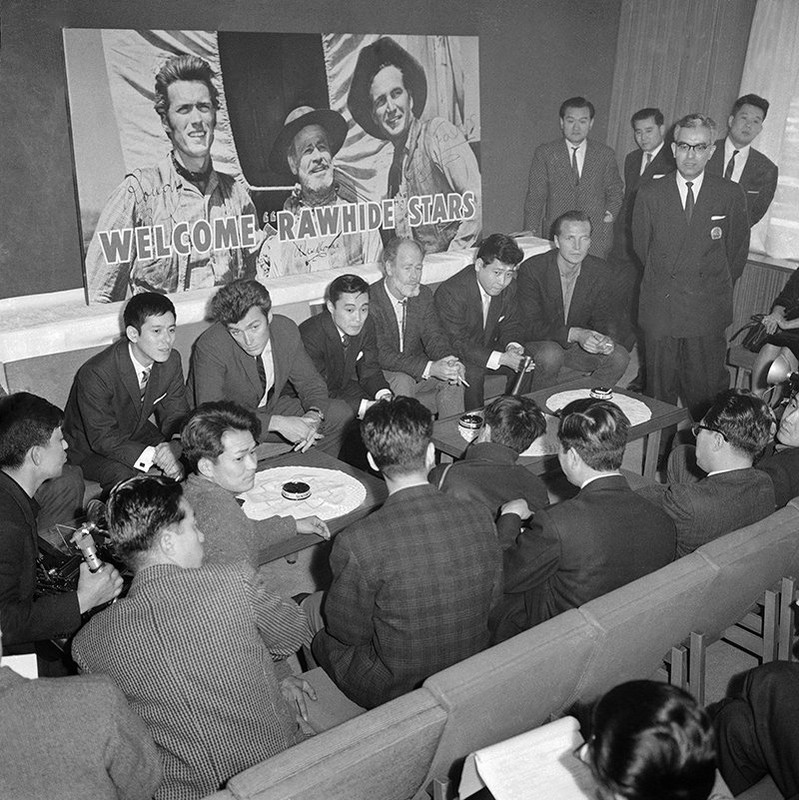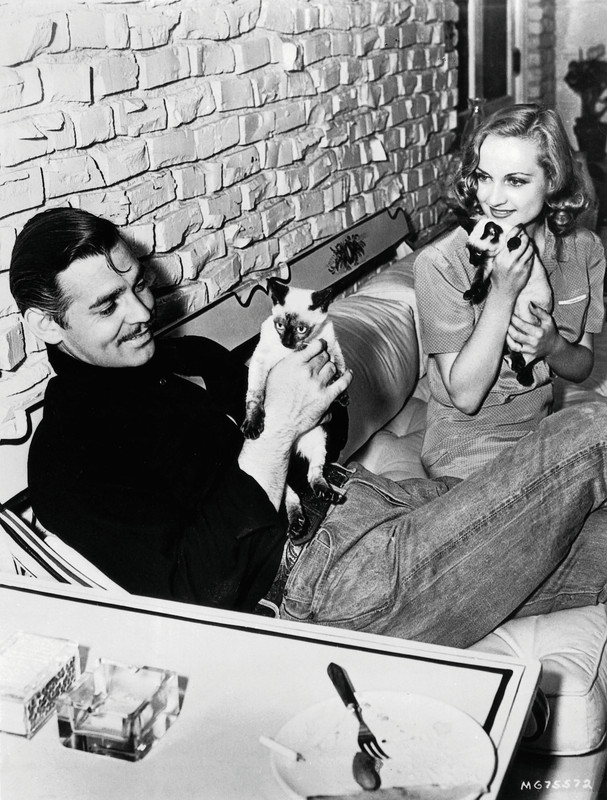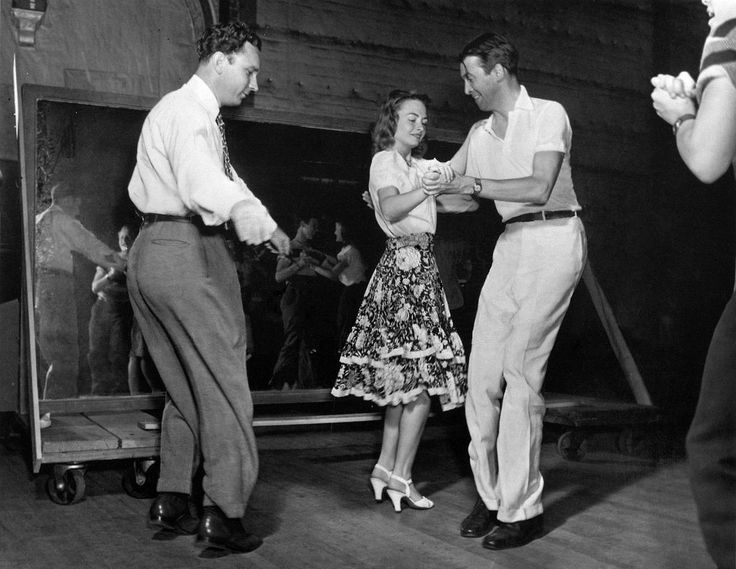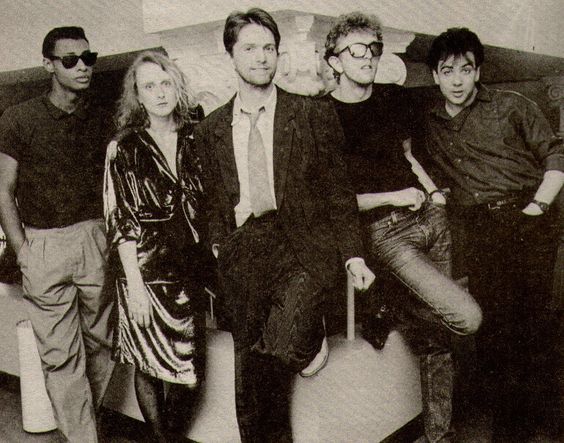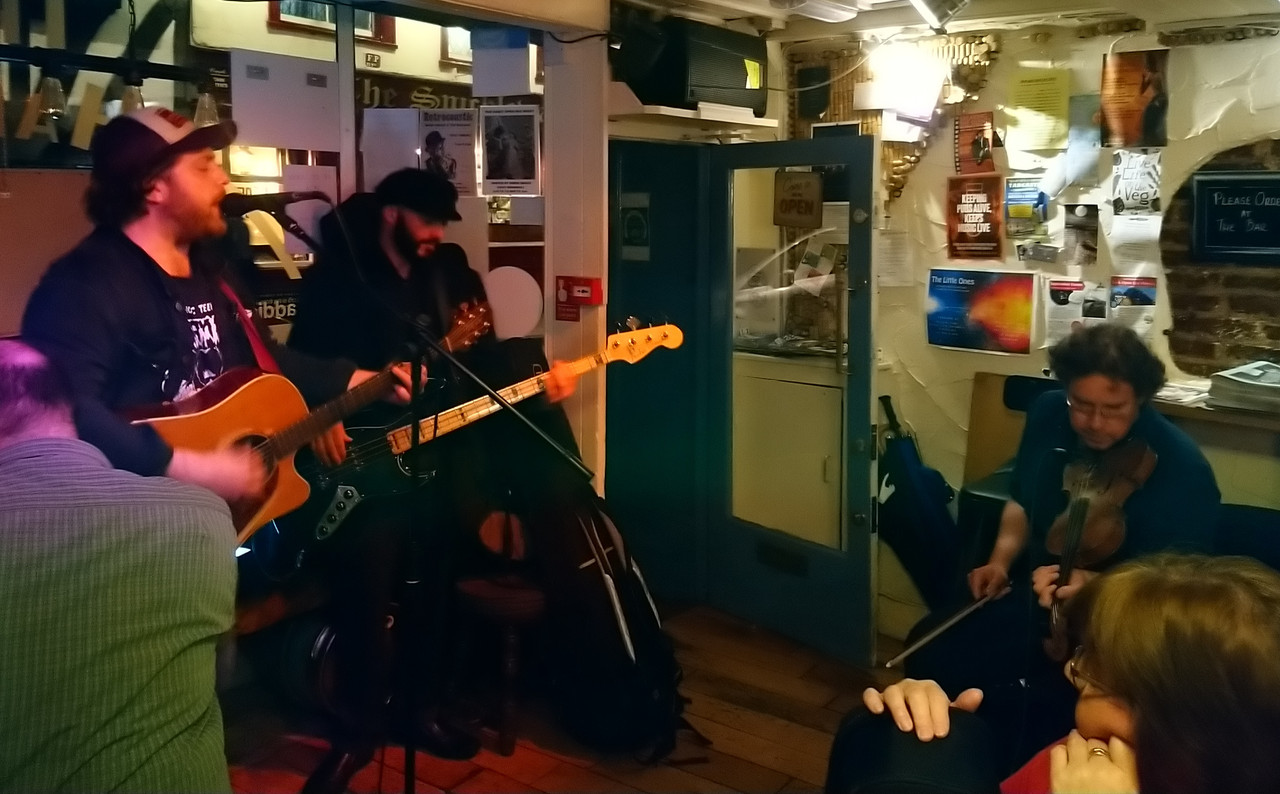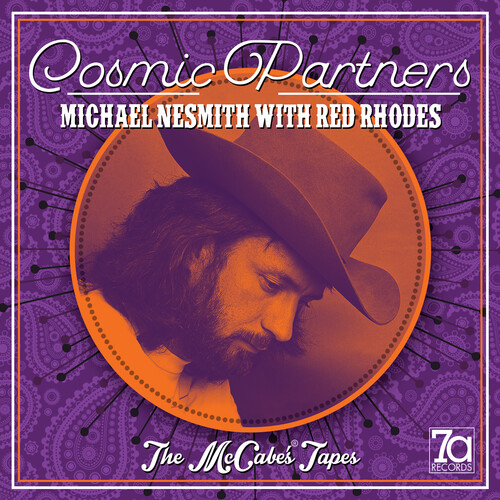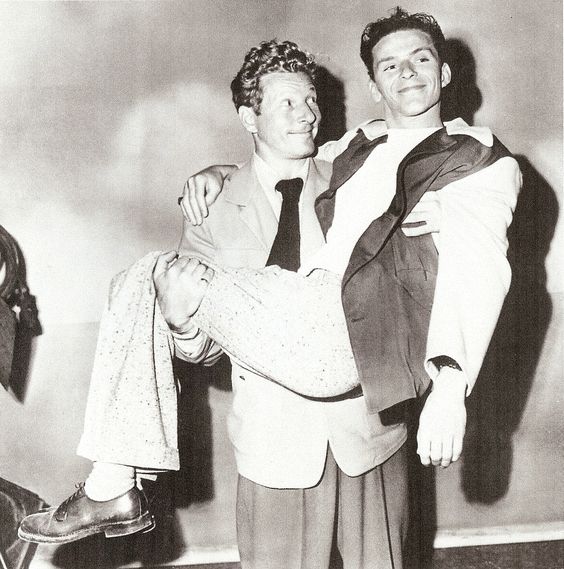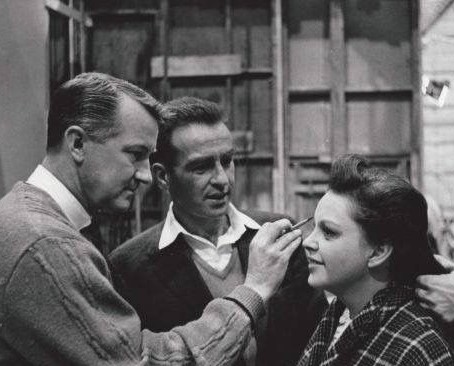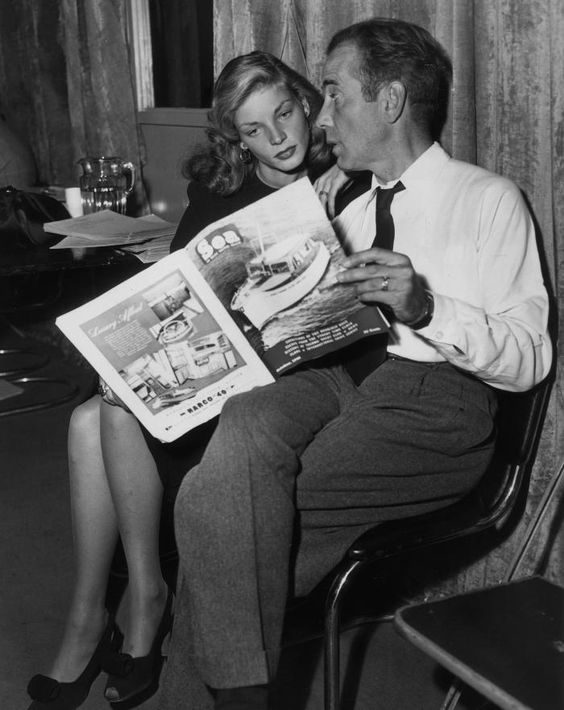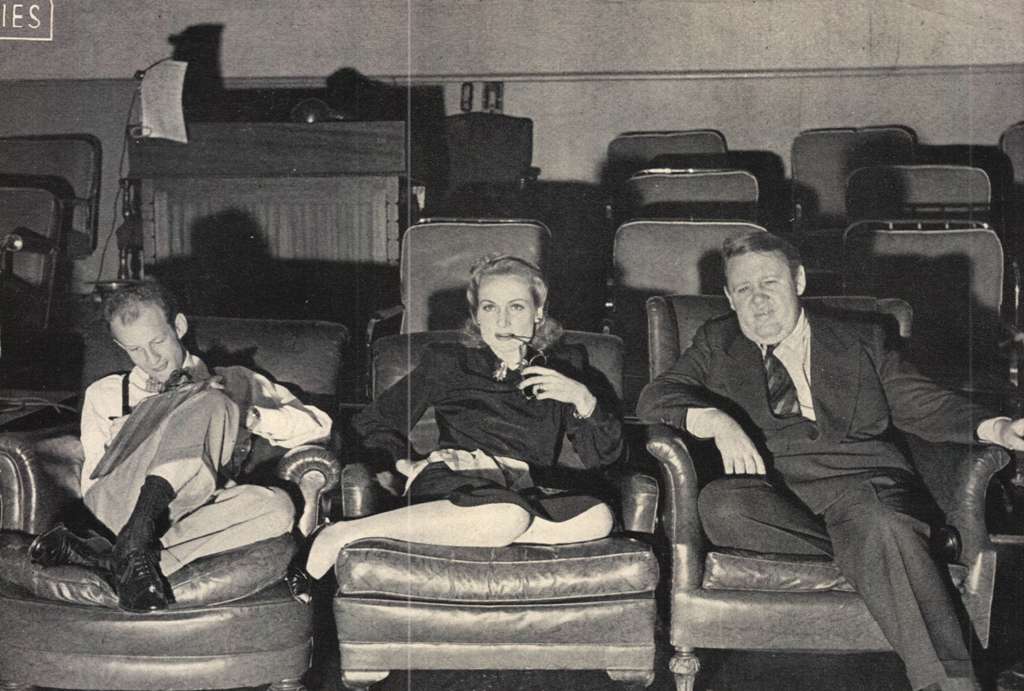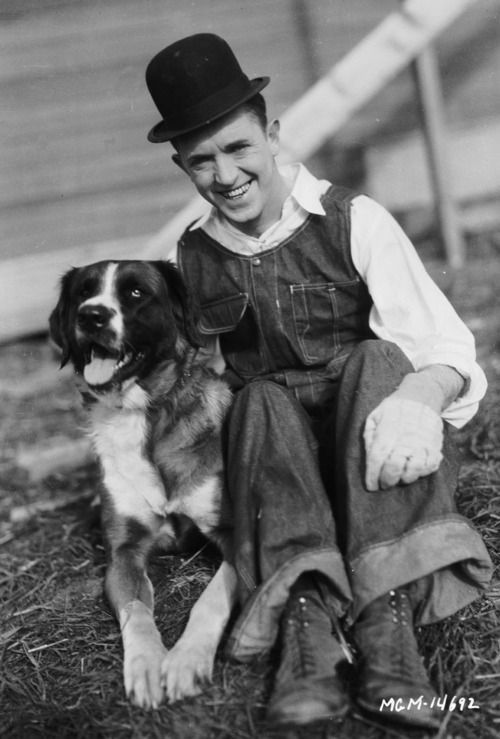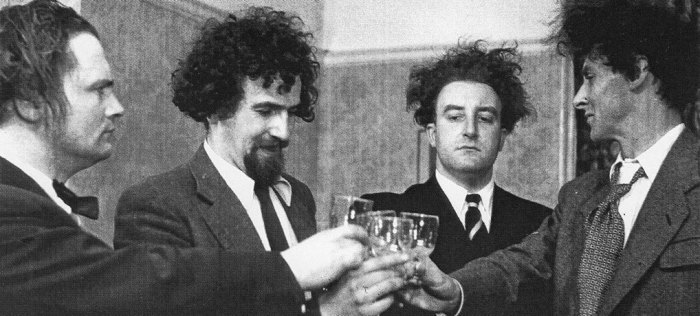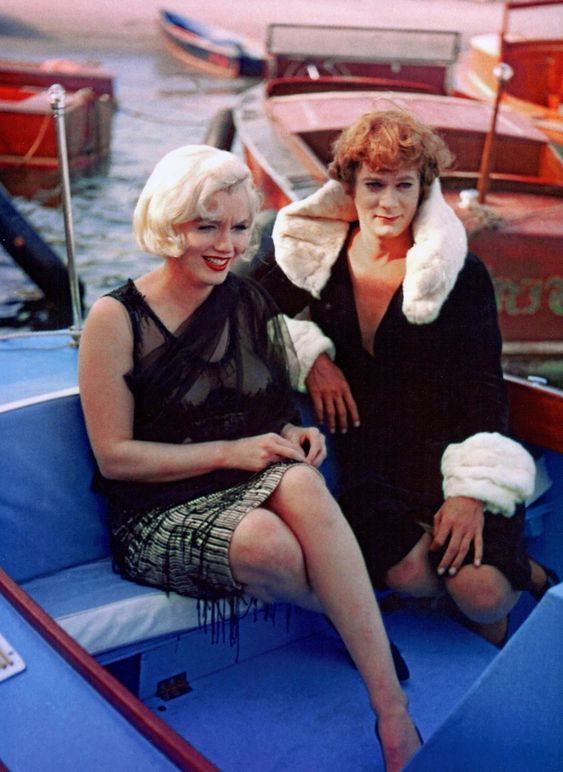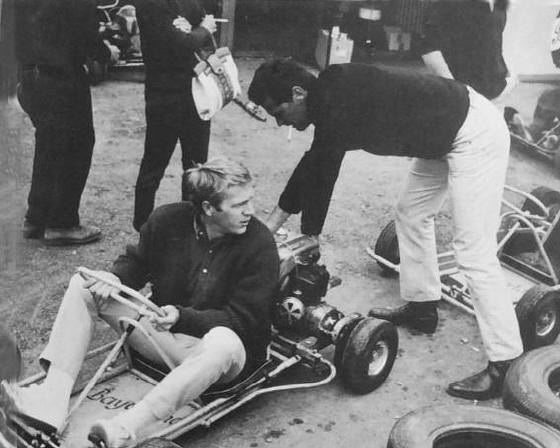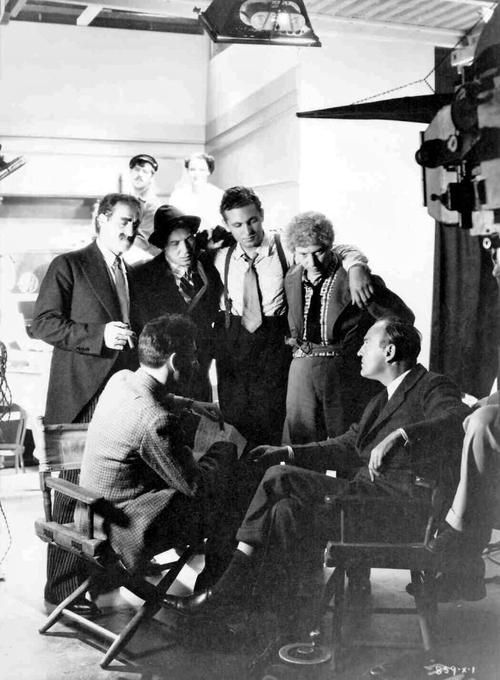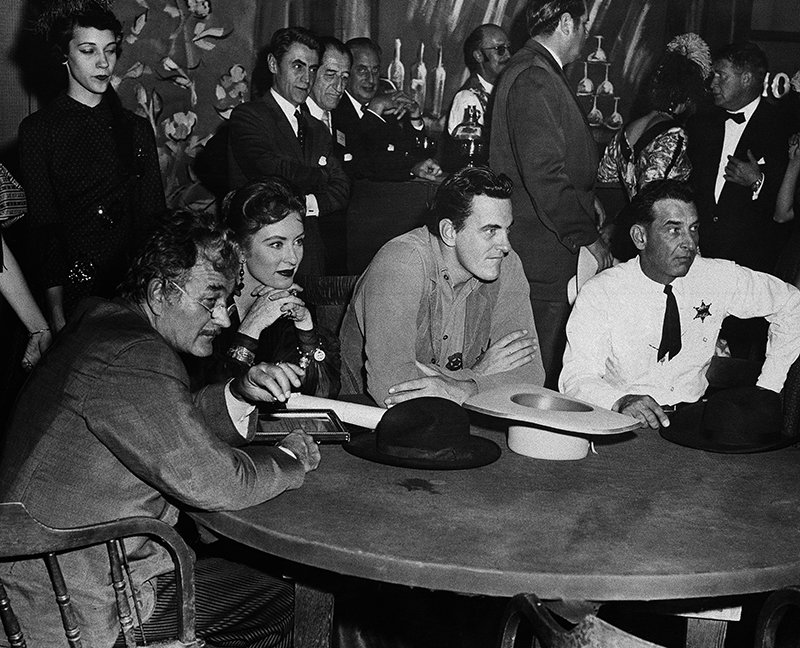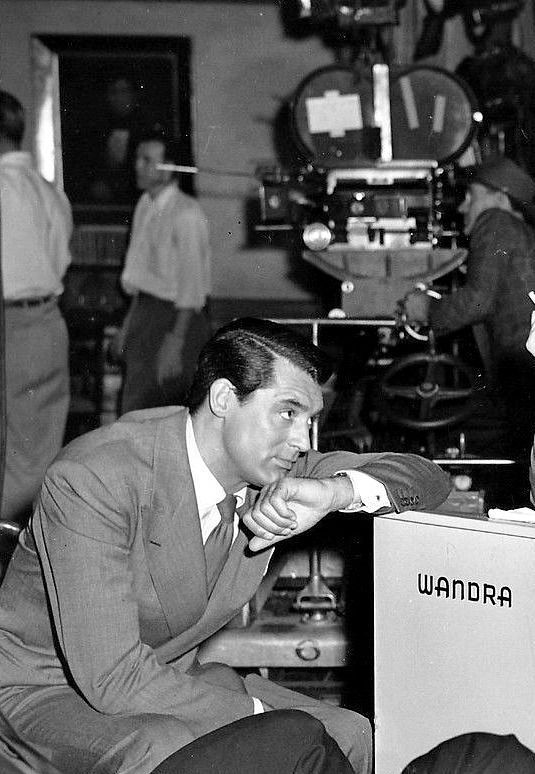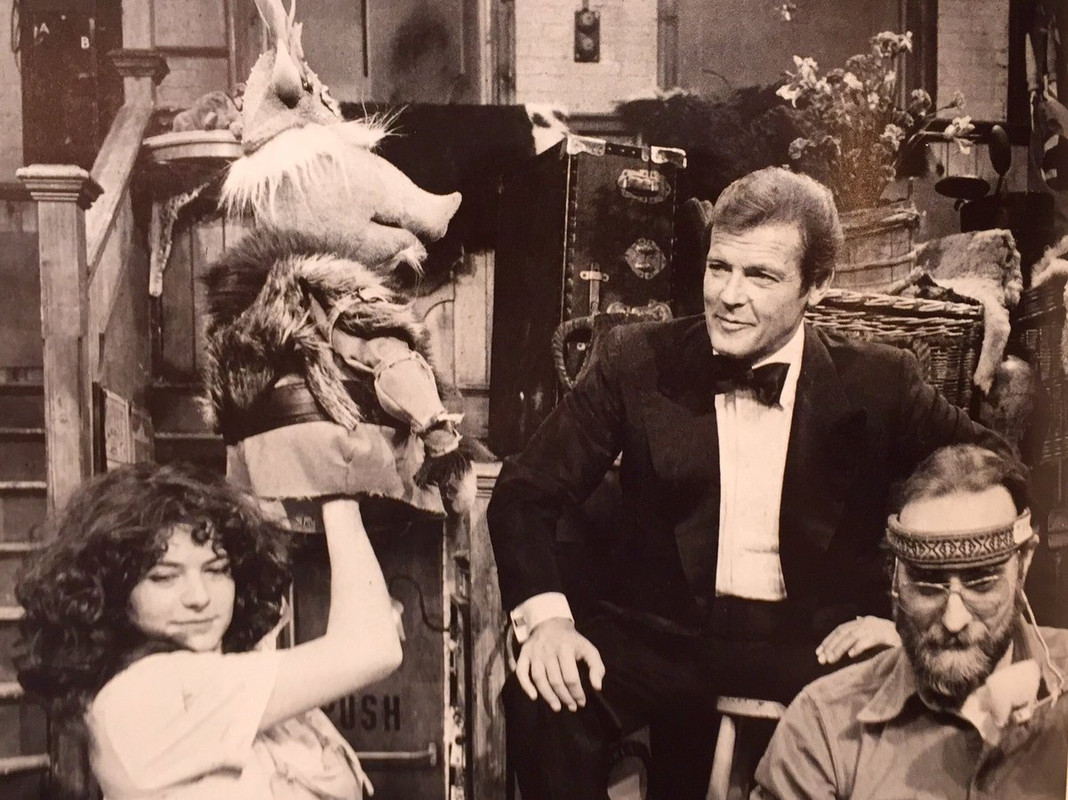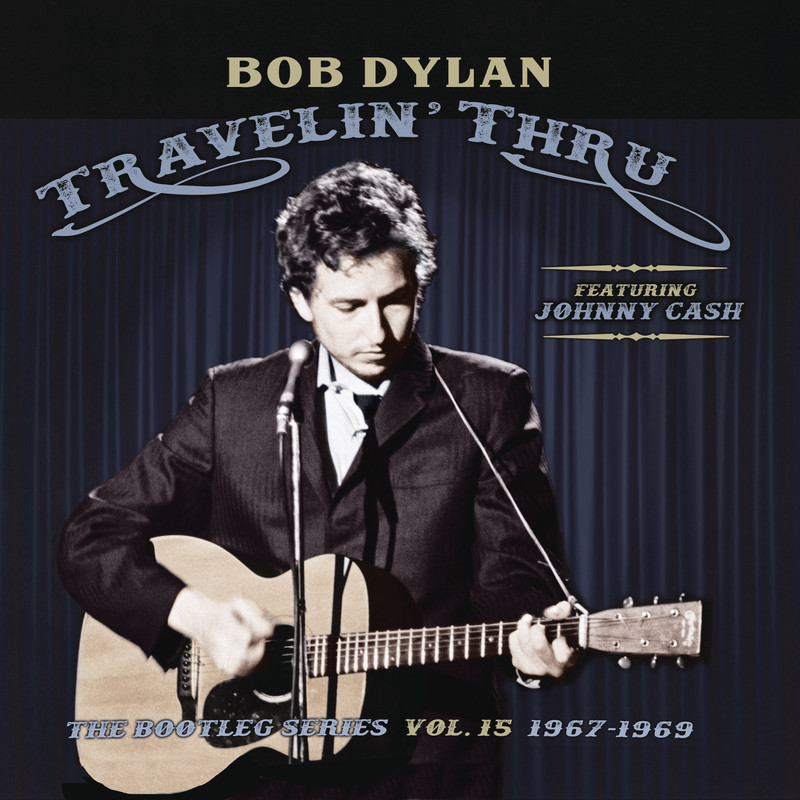Monday 30 September 2019
Sunday 29 September 2019
Prefab Sprout: Swoon, From Langley Park to Memphis, Jordan: The Comeback, A Life of Surprises - vinyl remasters
Prefab Sprout: Four Vinyl Remasters
Four new vinyl reissues offer a thrilling survey of Paddy McAloon’s idiosyncratic journey as a pop songwriter.
by Sam Sodomsky
Pitchfork
September 28 2019
September 28 2019
At first, Paddy McAloon thought he had to invent his own chords to write songs. As a result, the earliest music by his band Prefab Sprout can sound comical and haywire, like a jazz band entertaining themselves at a cocktail party before the guests arrive. As McAloon continued refining his voice, he earned comparisons to Elvis Costello and Steely Dan, but his heroes were people like Michael Jackson and Prince, Stephen Sondheim and George Gershwin. He dreamed of writing songs that the whole world could sing along to—but he wanted to do it his own way.
Four new vinyl reissues offer a thrilling survey of his journey as a pop songwriter. The series comprises the band’s 1984 debut Swoon, 1988’s commercial peak From Langley Park to Memphis, 1990’s double album Jordan: The Comeback, and 1992’s The Best of Prefab Sprout: A Life of Surprises. These reissues—which feature subtly improved artwork and sharp remasters from McAloon and his brother Martin—leave out but orbit around Steve McQueen, their 1986 masterpiece that remains the ideal entry point to their catalog. It was a breakthrough for the band members, marking their first collaboration with producer Thomas Dolby, whose playful, surreal touch helped define their characteristic sound. Dolby even helped curate that album’s tracklist, choosing songs from a stockpile that McAloon had amassed since forming the band with Martin in County Durham, England in the late ’70s.

Several of those songs predated Swoon, their scrappy debut, whose post-punk edge would be abandoned for a smoother, more sophisticated sound. While Swoon was unrepresentative of the band that Prefab Sprout would become, it set the template for how they’d navigate the pop world. The brothers were joined by multi-instrumentalist and vocalist Wendy Smith, who accompanied McAloon for wordless refrains and non-sequitur exclamations that took pleasure in twisting expectations. McAloon was beginning to write eloquently about heartbreak and adulthood (“Cruel,” “Elegance”) but he was also having a blast addressing questions that most songwriters might find trivial: What is the life of a celebrity chessmaster? When was the last time you played basketball?
After Swoon and the critical acclaim that followed Steve McQueen, the band recorded and shelved a quieter follow-up (Protest Songs, eventually released in 1989) before setting off to make something that capitalized on their newfound momentum. At the time of its release, the cinematic From Langley Park to Memphis was largely overshadowed by its first two tracks: the semi-novelty hit “The King of Rock and Roll” (which arrived with a fittingly absurd music video) and the Springsteen-referencing “Cars and Girls.” As a one-two punch, they rightfully stand among Prefab Sprout’s most recognizable songs, and the rest of the record is just as catchy and complex.
McAloon was now penning his own version of standards (“Nightingales”), reverb-coated alt-rock anthems (“The Golden Calf”), and dramatic singalongs that could find a second life on Broadway (“Hey Manhattan”). His writing favored narrators in sad, autumnal stages: “All my lazy teenage boasts are now high precision ghosts/And they’re coming ‘round the tracks to haunt me,” go the opening lyrics to “The King of Rock and Roll,” imagining the life of an older touring musician, every night singing the same meaningless words that he wrote decades ago. And yet the music sounds colorful and hopeful and alive—everything seems to sparkle, right down to the glossy band photo on the album cover.
With that photo, lovingly filtered here to look slightly more artful, the band signaled that they were pivoting away from their underground beginnings. Released at a time when American indie bands like R.E.M. and the Replacements were beginning to make bids for larger audiences, McAloon was making a similar leap, even if he still preferred staying out of the spotlight. While his songs were newly poised for radio and MTV, he remained wary of fame, setting on a reclusive path that would span the rest of his career. “This isn’t meant to sound snobbish,” he told Melody Maker at the time, “but I’ve never felt a part of any community… I don’t go out and look for like-minded people and I’ve never found anyone on the planet who fits the bill.” From Langley Park remains the band’s closest brush to stardom, but McAloon kept finding new ways to push himself.

On Jordan: The Comeback, the most ambitious Prefab Sprout album and one of their greatest, McAloon created his own mythological world to blend into. The cast of characters are drawn from the Bible (including star turns from Michael the Archangel, Satan, and God himself) as well as rock history. A suite of songs in the middle of the album imagines Elvis Presley, having faked his death and retreated to the desert, dreaming of the perfect comeback song to launch his next act. McAloon, meanwhile, was also searching for the follow-up for his own biggest hits. “Wild Horses” is a romantic fantasy whose sleek arrangement still sounds fresh, while “The Ice Maiden” offers one of the most memorable lyrics in his songbook: “Death is a small price for heaven.” It was a comeback album obsessed with comebacks, from rebound relationships to resurrections. Less commercially successful than Langley but just as rewarding, it’s a work so layered that, decades on, it still seems to hold new secrets.

When it came time to compile Prefab Sprout’s career highs into an album-length primer, A Life of Surprises didn’t quite capture the full picture. The picks from Jordan are less meaningful stripped of the album’s purposeful sequencing, while the one selection from Swoon sounds jarringly out of place in the non-chronological tracklist. Not to mention, “Bonny,” a stunner from Steve McQueen, is nowhere to be found. What the set does provide, however, are two essential non-album cuts that lend fitting closure to this era of the band’s career. The glittery, pulsing single “If You Don’t Love Me” would later be reimagined as a piano ballad by Kylie Minogue, bringing McAloon’s unlikely pop dreams to reality. But it’s “The Sound of Crying” that really shows how far he had come, pairing one of his most gorgeous melodies to a strange, brilliant vision of the world in flux. “Sometimes I think that God is working to a plan,” he sings, his voice breathier and softer with age. “And other times I’m sure that he is improvising.” Lamenting a chaotic universe, he casts a higher power in his own image: obsessive and inscrutable, observing us from somewhere that he can’t be reached, and searching for a tune.
Paddy on A Life of Surprises:
https://twitter.com/i/status/1172187125309222914
https://twitter.com/i/status/1172187125309222914
Paddy on Jordan: The Comeback:
https://twitter.com/i/status/1169651959047118849
https://twitter.com/i/status/1169651959047118849
Paddy on From Langley Park to Memphis:
https://twitter.com/i/status/1166749784385961986
https://twitter.com/i/status/1166749784385961986
Paddy on Swoon:
https://twitter.com/i/status/1162038742195961857
https://twitter.com/i/status/1162038742195961857
Friday 27 September 2019
Wednesday night's set lists at The Habit, York
Ron Elderly: -
The River
Wagon Wheel
Lola
Da Elderly: -
I Believe In You
Sugar Mountain
Old Man
The Elderly Brothers: -
Walk Right Back
All I Have To Do Is Dream
He'll Have To Go
I Saw Her Standing There
When Ron and I entered the bar at just gone 8:30pm the only other people in the room were the barmaid and a solitary punter. By the time host Simon had arrived, a few musicians had turned up, and a few more punters. So we set off giving single acts 3 songs and duos/trios 4 thinking that we would all have to go round again to fill the night. Little did we know that by about 10 o'clock the bar would be full with players and punters. Ex-host and York-based musician extraordinaire Dan, aka Boss Caine was one of those players and with his bandmates on electric bass and fiddle (pictured) performed an amazing set, including a personal favourite Dead Man's Coat. Taxi-driver Chris added to the excitement with a soul-drenched set including Dock Of The Bay and Ain't No Sunshine. The audience was really buzzing by this time. The Elderly Brothers closed the show. As the previous two acts had performed standing up, we thought we'd give it a go and, unaided by 'The Book' we ran through 4 favourites. Afterwards we carried on unplugged and were joined by a group of punters, who took charge of our book and made song requests until closing time. Some songs we hadn't performed for simply ages, but we got through. From such quiet beginnings it turned into a smashing night!
The River
Wagon Wheel
Lola
Da Elderly: -
I Believe In You
Sugar Mountain
Old Man
The Elderly Brothers: -
Walk Right Back
All I Have To Do Is Dream
He'll Have To Go
I Saw Her Standing There
When Ron and I entered the bar at just gone 8:30pm the only other people in the room were the barmaid and a solitary punter. By the time host Simon had arrived, a few musicians had turned up, and a few more punters. So we set off giving single acts 3 songs and duos/trios 4 thinking that we would all have to go round again to fill the night. Little did we know that by about 10 o'clock the bar would be full with players and punters. Ex-host and York-based musician extraordinaire Dan, aka Boss Caine was one of those players and with his bandmates on electric bass and fiddle (pictured) performed an amazing set, including a personal favourite Dead Man's Coat. Taxi-driver Chris added to the excitement with a soul-drenched set including Dock Of The Bay and Ain't No Sunshine. The audience was really buzzing by this time. The Elderly Brothers closed the show. As the previous two acts had performed standing up, we thought we'd give it a go and, unaided by 'The Book' we ran through 4 favourites. Afterwards we carried on unplugged and were joined by a group of punters, who took charge of our book and made song requests until closing time. Some songs we hadn't performed for simply ages, but we got through. From such quiet beginnings it turned into a smashing night!
Wednesday 25 September 2019
Tuesday 24 September 2019
Michael Nesmith with Red Rhodes: Cosmic Partners
7a Records are delighted to announce the release of their third Michael Nesmith album.
Recorded at McCabe's in Santa Monica, CA, on August 18th, 1973, "Cosmic Partners: The McCabe's Tapes" is a rare and previously unreleased concert recording featuring Nesmith and a small coterie of fellow musicians, including long time recording partner and pedal steel player Red Rhodes.
Released as a lavishly packaged CD set with a 24 page booklet with previously unseen pictures and liner notes by Michael Nesmith.
This recording is from a mini concert tour that was in support of what was to be Nesmith's final record on the RCA label, Pretty Much Your Standard Ranch Stash. Consisting of a rhythm section featuring Danny Lane on drums and Colin Cameron on bass, and the legendary O.J. "Red" Rhodes on pedal steel, this would be the last performance of its kind and the beginning of an almost Homeric journey for Nesmith. On the heels of an inordinately successful Monkees TV show, the hangover from overnight celebrity, and the disappointments that so often follow such ascents, this forgotten and almost lost board mix in all its unvarnished glory (remastered here by Christian Nesmith, Michael's oldest son) stands as a ready witness to the spirit of a man full of heartache, a performer bruised by the claws of the star-maker machine, and an artist whose songs have become touchstones for our lives. What you hear is exactly as it happened with no overdubs or audio mumbo jumbo. The perfection you hear is totally for real.
Released November 15.
Tracklist
1. Welcome To McCabe's
2. Tomorrow And Me
3. The Upside Of Goodbye
4. The Sock Cymbal Scared Me
5. Grand Ennui
6. Some Of Shelly's Blues
7. Cosmic Partners
8. Rose City Chimes
9. A Dog Wrote It
10. Poinciana
11. The Crippled Lion
12. Alice Nesmith
13. The One Rose
14. Propinquity (I've Just Begun To Care)
15. The Great Escape
16. Joanne
17. Silver Moon
Tracklist
1. Welcome To McCabe's
2. Tomorrow And Me
3. The Upside Of Goodbye
4. The Sock Cymbal Scared Me
5. Grand Ennui
6. Some Of Shelly's Blues
7. Cosmic Partners
8. Rose City Chimes
9. A Dog Wrote It
10. Poinciana
11. The Crippled Lion
12. Alice Nesmith
13. The One Rose
14. Propinquity (I've Just Begun To Care)
15. The Great Escape
16. Joanne
17. Silver Moon
Monday 23 September 2019
Friday 20 September 2019
Bob Dylan - coming soon...
Bob Dylan (Featuring Johnny Cash) – Travelin’ Thru, 1967 – 1969: The Bootleg Series Vol. 15 out on Nov. 1
Available in 3CD, 3LP and Digital Configurations
September 19, 2019-New York, NY-Columbia Records and Legacy Recordings, the catalog division of Sony Music Entertainment, will release Bob Dylan (featuring Johnny Cash) – Travelin’ Thru, 1967 – 1969: The Bootleg Series Vol. 15 on Friday, November 1.
The latest chapter in Columbia/Legacy’s highly acclaimed Bob Dylan Bootleg Series revisits Dylan’s pivotal musical journeys to Nashville, from 1967 to 1969, focusing on previously unavailable recordings made with Johnny Cash and unreleased tracks from the John Wesley Harding, Nashville Skyline, and Self Portrait sessions.
Bob Dylan (featuring Johnny Cash) – Travelin’ Thru, 1967 – 1969: The Bootleg Series Vol. 15 is available in 3CD and 3LP physical configurations and digital equivalent. Pre-order here:
Disc One of Travelin’ Thru, 1967 – 1969: The Bootleg Series Vol. 15 finds Dylan in Columbia’s Studio A in Nashville recording alternate versions of compositions written for John Wesley Harding (October 17 and November 6, 1967) and Nashville Skyline (February 13-14, 1969) while introducing a new song “Western Road” (a Nashville Skyline outtake).
Discs Two and Three of Travelin’ Thru are centered around Dylan’s collaborations with American music icon Johnny Cash including the much sought-after Columbia Studio A sessions and on-stage performances at the Ryman Auditorium (May 1, 1969) for the recording of the premiere episode of The Johnny Cash Show (originally broadcast on ABC-TV on June 7, 1969).
Disc Three closes with tracks recorded on May 17, 1970 with Grammy Award-winning bluegrass banjo legend Earl Scruggs for the PBS television special, “Earl Scruggs: His Family and Friends” (originally aired January 1971).
1967 saw a profound and surprising transformation in Bob Dylan’s musical evolution. With contemporary pop culture becoming increasingly baroque, surreal and psychedelic in the wake of Dylan’s 1965-66 cutting edge trilogy, Bringing It All Back Home/Highway 61 Revisited/Blonde On Blonde, the artist withdrew from public view following a motorcycle accident in July 1966. He’d recorded Blonde On Blonde with a full-band in Nashville in February 1966 but, when it came time to record its follow-up in the fall of 1967, he opted for a simple trio–Dylan (guitar, vocals, harmonica), Charlie McCoy (bass) and Kenneth Buttrey (drums)–to create a sublime minimal sound.
In his liner notes for Travelin’ Thru, Colin Escott writes, “Talking to journalist Matt Damsker about the sound of John Wesley Harding, Dylan said, ‘I didn’t know how to record the way other people were recording, and I didn’t want to… I just didn’t think all that production was necessary.’ He also went for lyrical economy. ‘What I’m trying to do now is not use too many words,’ he said. ‘There’s no line you can stick your finger through. There’s no blank filler.'”
Dylan returned to Columbia Studio A in February 1969 to work on Nashville Skyline. “Bob asked me to be a guest on the album,” Johnny Cash said later, “and I went to the studio and they just turned on the recorder for about two hours.” Columbia Studio A hosted two Dylan-Cash sessions: February 17 and 18, 1969 with a band that included rock ‘n’ roll pioneer Carl Perkins playing guitar on six tracks (including his own composition, “Matchbox”). One of the more intriguing sonic discoveries on Travelin’ Thru is “Don’t Think Twice, It’s Alright/Understand Your Man,” as two singular singer/songwriters pay mutual compositional and vocal tribute to each other.
The full-day Dylan-Cash duet session included the first known version of “Wanted Man” and the only version of the song ever sung by Dylan. The following week, Cash made it the opening song at his San Quentin concert. The session provides insight into the shared sensibilities of Dylan and Cash through a variety of covers including two Jimmie Rodgers medleys.
When The Johnny Cash Show was scheduled to debut in June 1969, the host offered Bob Dylan a guest slot on the first show. In the days before and after The Johnny Cash Show taping, Dylan was working on the album that emerged more than a year later as Self Portrait. For the May 3 Self Portrait session, guitarist Fred Carter was brought in to augment Dylan’s usual Nashville band. The “Folsom Prison Blues” and “Ring of Fire” recorded that day are available for the first time on Travelin’ Thru.
Although only one duet with Johnny Cash (“Girl from the North Country”) appears on Dylan’s original Nashville Skyline album, Cash penned the album’s Grammy Award-winning liner notes. A month after Nashville Skyline was released, Dylan made his first live TV appearance in five years on The Johnny Cash Show; that performance is also included here.
Bob Dylan (featuring Johnny Cash) – Travelin’ Thru, 1967 – 1969: The Bootleg Series Vol. 15
DISC 1
October 17, 1967
Columbia Studio A, Nashville, TN
John Wesley Harding sessions
01. Drifter’s Escape – Take 1 (Alternate Version)
02. I Dreamed I Saw St. Augustine – Take 2 (Alternate Version)
November 6, 1967
Columbia Studio A, Nashville, TN
John Wesley Harding sessions
03. All Along the Watchtower – Take 3 (Alternate Version)
04. John Wesley Harding – Take 1 (Alternate Version)
05. As I Went Out One Morning – Take 1 (Alternate Version)
06. I Pity the Poor Immigrant – Take 4 (Alternate Version)
07. I Am a Lonesome Hobo – Take 4 (Alternate Version)
Bob Dylan: vocals, guitar, harmonica
Charlie McCoy: bass
Kenneth Buttrey: drums
February 13, 1969
Columbia Studio A, Nashville, TN
Nashville Skyline sessions
08. I Threw It All Away – Take 1 (Alternate Version)
Previously released on The Bootleg Series, Vol. 10: Another Self Portrait
09. To Be Alone with You – Take 1 (Alternate Version)
10. Lay Lady Lay – Take 2 (Alternate Version)
Previously released as a digital download with iTunes pre-orders of Together Through Life
11. One More Night – Take 2 (Alternate Version)
12. Western Road – Take 1 (Outtake)
February 14, 1969
Columbia Studio A, Nashville, TN
Nashville Skyline sessions
13. Peggy Day – Take 1 (Alternate Version)
14. Tell Me That It Isn’t True – Take 2 (Alternate Version)
15. Country Pie – Take 2 (Alternate Version)
Bob Dylan – vocals, guitar, piano, harmonica
Kelton D. Herston, Norman Blake, Charlie Daniels, Wayne Moss (10 & 12): guitars
Bob Wilson: piano, organ
Peter Drake: steel guitar (13-15)
Charlie McCoy: bass
Kenneth Buttrey: drums
DISC 2
February 17, 1969
Columbia Studio A, Nashville, TN
The Dylan-Cash Sessions
01. I Still Miss Someone – Take 5
Written by Johnny Cash and Roy Cash, Jr.
02. Don’t Think Twice, It’s All Right/Understand Your Man – Rehearsal
Written by Bob Dylan and Johnny Cash
February 18, 1969
Columbia Studio A, Nashville, TN
The Dylan-Cash Sessions
03. One Too Many Mornings – Take 3
04. Mountain Dew – Take 1
Written by Bascom Lamar Lunsford and Scott Wiseman
05. Mountain Dew – Take 2
Written by Bascom Lamar Lunsford and Scott Wiseman
06. I Still Miss Someone – Take 2
Written by Johnny Cash and Roy Cash, Jr.
07. Careless Love – Take 1
Traditional, arranged by Bob Dylan and Johnny Cash
08. Matchbox – Take 1
Written by Carl Perkins
09. That’s All Right, Mama – Take 1
Written by Arthur Crudup
10. Mystery Train/This Train Is Bound for Glory – Take 1
Mystery Train written by Junior Parker
This Train Is Bound for Glory written by Woody Guthrie
11. Big River – Take 1
Written by Johnny Cash
12. Girl from the North Country – Rehearsal
13. Girl from the North Country – Take 1
14. I Walk the Line – Take 2
Written by Johnny Cash
15. Guess Things Happen That Way – Rehearsal
Written by Jack Clement
16. Guess Things Happen That Way – Take 3
Written by Jack Clement
17. Five Feet High and Rising – Take 1
Written by Johnny Cash
18. You Are My Sunshine – Take 1
Written by Jimmie Davis and Charles Mitchell
19. Ring of Fire – Take 1
Written by June Carter and Merle Kilgore
DISC 3
February 18, 1969
Columbia Studio A, Nashville, TN
The Dylan-Cash Sessions
01. Studio Chatter
02. Wanted Man – Take 1
03. Amen – Rehearsal
Written by Jester Hairston
04. Just a Closer Walk with Thee – Take 1
Traditional, arranged by Bob Dylan and Johnny Cash
05. Jimmie Rodgers Medley No. 1 – Take 1
Based on Blue Yodel No. 1 (T for Texas), The Brakeman’s Blues (Yodeling the Blues Away), and Blue Yodel No. 5 (It’s Raining Here) written by Jimmie Rodgers
06. Jimmie Rodgers Medley No. 2 – Take 2
Based on Waiting for a Train, The Brakeman’s Blues (Yodeling the Blues Away), and Blue Yodel No. 1 (T For Texas) written by Jimmie Rodgers
Bob Dylan: vocals, guitar
Johnny Cash: vocals, guitar
Carl Perkins: guitar (08,10, 02, 04-06)
Bob Wootton: guitar
Marshall Grant: bass
W.S. Holland: drums
May 1, 1969
Ryman Auditorium, Nashville, TN
Live on The Johnny Cash Show
Originally broadcast on ABC-TV, June 7, 1969
07. I Threw It All Away
included on 2010 DVD The Best of the Johnny Cash TV Show: 1969-1971
08. Living the Blues
09. Girl from the North Country
included on 2010 DVD The Best of the Johnny Cash TV Show: 1969-1971
Bob Dylan: vocals, guitar
Johnny Cash: vocals, guitar (09)
Norman Blake and Charlie Daniels: guitars
Peter Drake: steel guitar
Bob Wilson: piano
Charlie McCoy: bass
Kenneth Buttrey: drums
May 3, 1969
Columbia Studio A, Nashville, TN
Self Portrait sessions
10. Ring of Fire (Outtake)
Written by June Carter and Merle Kilgore
11. Folsom Prison Blues (Outtake)
Written by Johnny Cash
Bob Dylan: vocals, guitar
Fred F. Carter, Norman Blake: guitars
Charlie Daniels: guitar (11), bass (10)
Bob Wilson: piano
Peter Drake: steel guitar
Charlie McCoy: harmonica (10), bass (11)
Kenneth Buttrey: drums
Delores Edgin and Dottie Dillard: background vocals
May 17, 1970
The Home of Thomas B. Allen, Carmel, New York
With Earl Scruggs
12. Earl Scruggs Interview
13. East Virginia Blues
Written by A.P. Carter
Included in 1971 documentary Earl Scruggs: His Family and Friends
14. To Be Alone with You
15. Honey, Just Allow Me One More Chance
Traditional, arranged by Bob Dylan
16. Nashville Skyline Rag
Previously released on the album Earl Scruggs Performing with His Family and Friends
Bob Dylan: vocals, guitar
Earl Scruggs: banjo
Randy Scruggs: acoustic guitar
Gary Scruggs: electric bass
All songs written by Bob Dylan except where noted
All tracks previously unreleased except where noted
Produced by Jeff Rosen and Steve Berkowitz
John Wesley Harding, Nashville Skyline, and Self Portrait sessions originally produced by Bob Johnston
Liner notes by Colin Escott and Rosanne Cash
Wednesday 18 September 2019
Robert Frank RIP
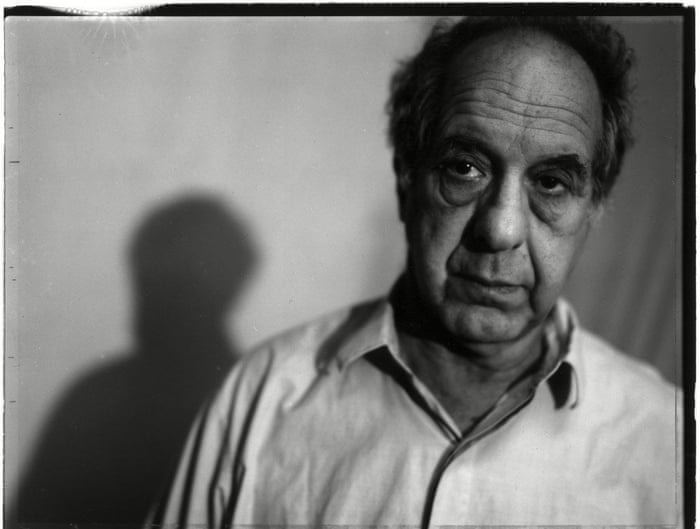
Robert Frank in his Bleecker Street studio, New York, 1994
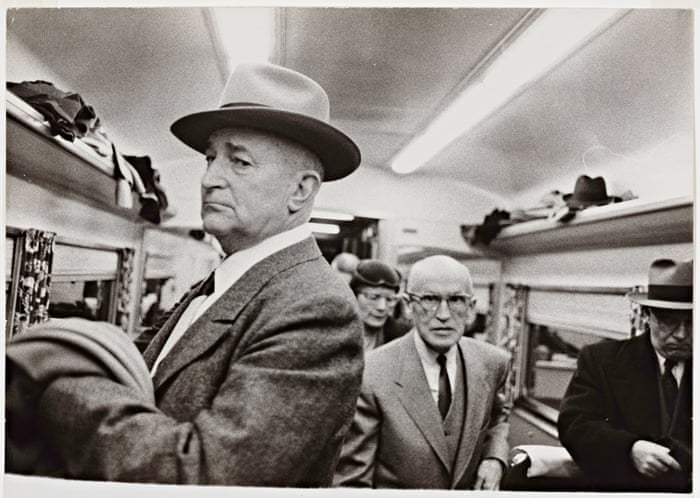
En route from New York to Washington, Club Car, 1954
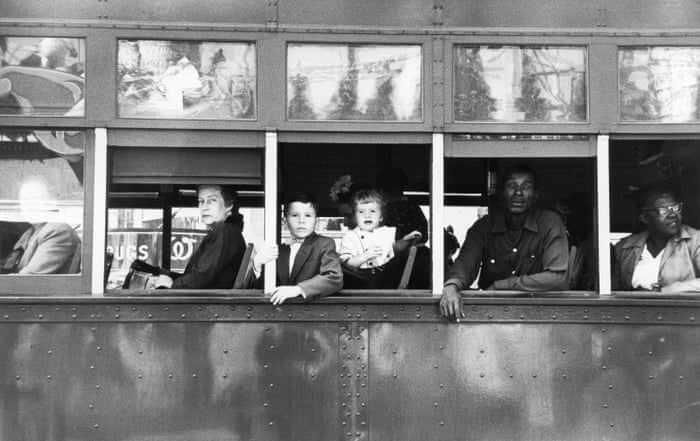
Trolley, New Orleans, 1955
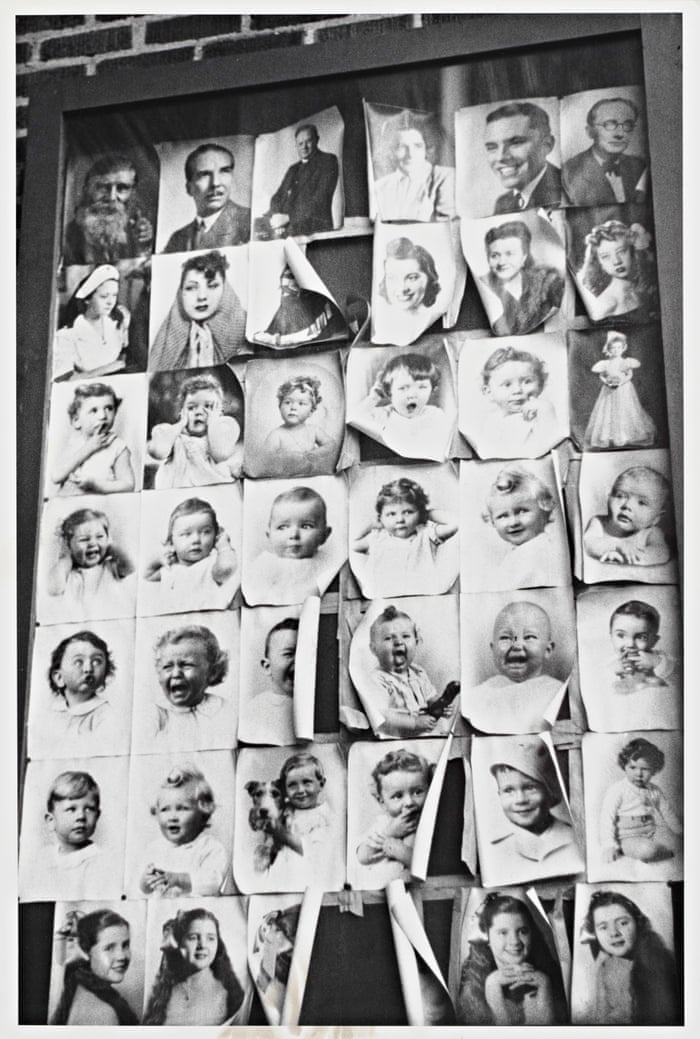
New York City, 1950-51
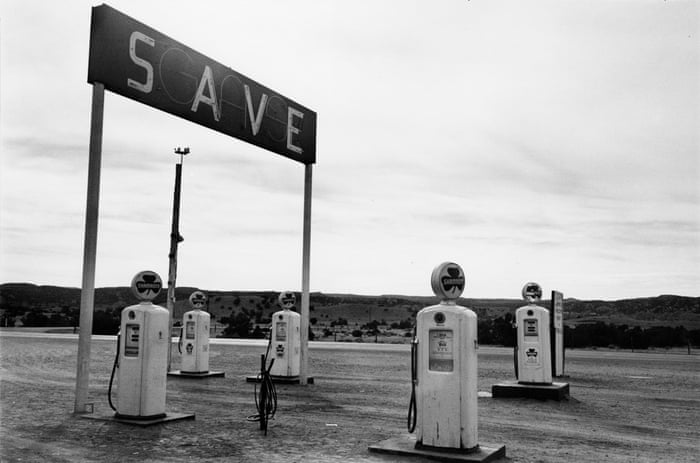 Santa Fe, New Mexico, 1955
Santa Fe, New Mexico, 1955
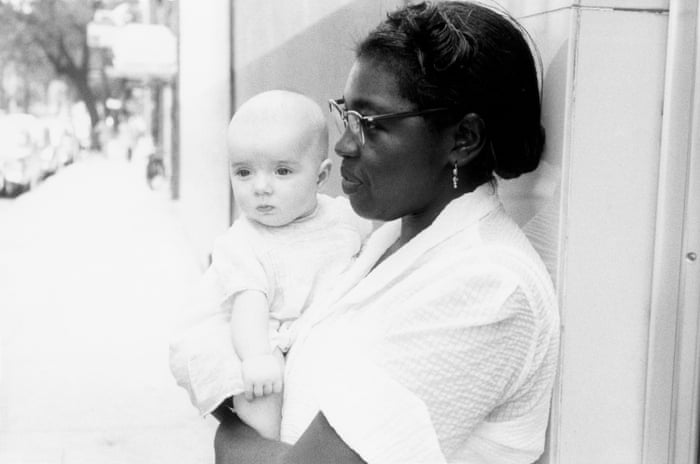 Charleston, South Carolina, 1955
Charleston, South Carolina, 1955
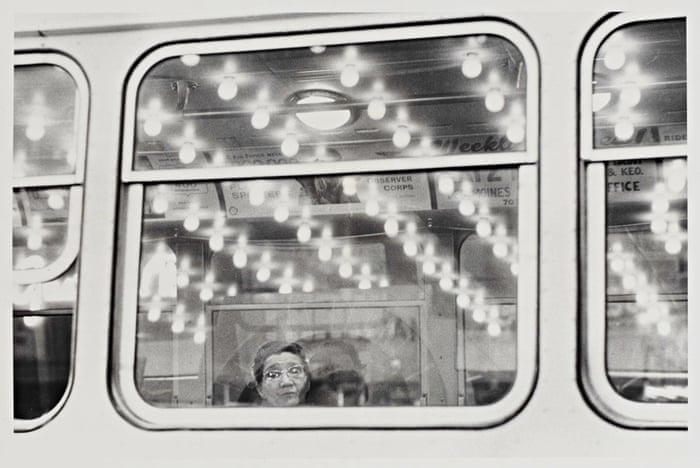
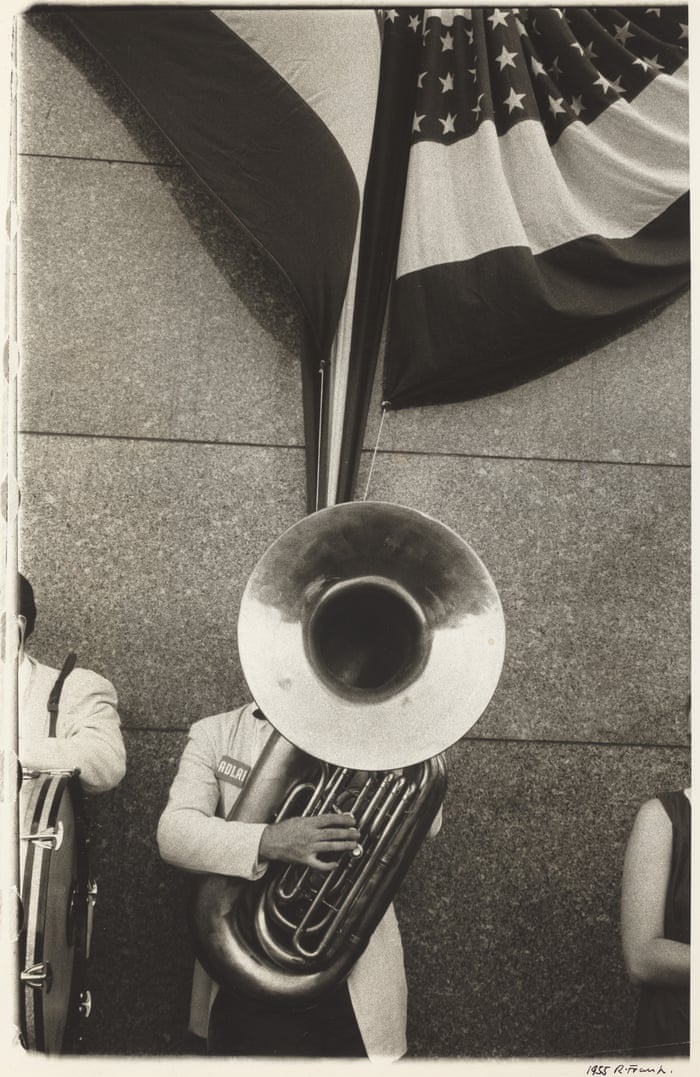
Democratic National Convention, Chicago
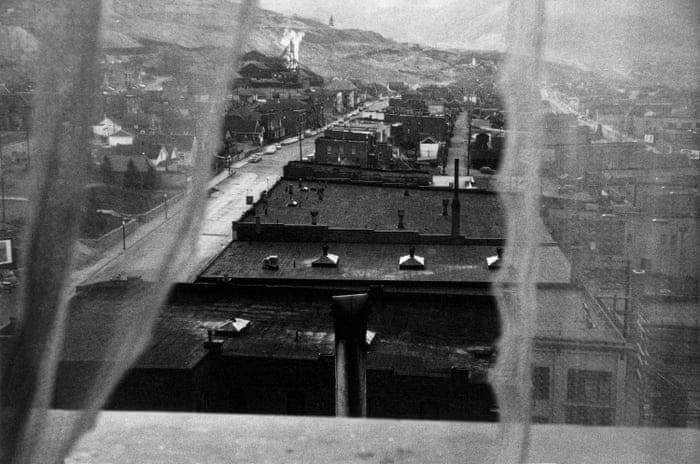 View from hotel window – Butte, Montana, 1956
View from hotel window – Butte, Montana, 1956
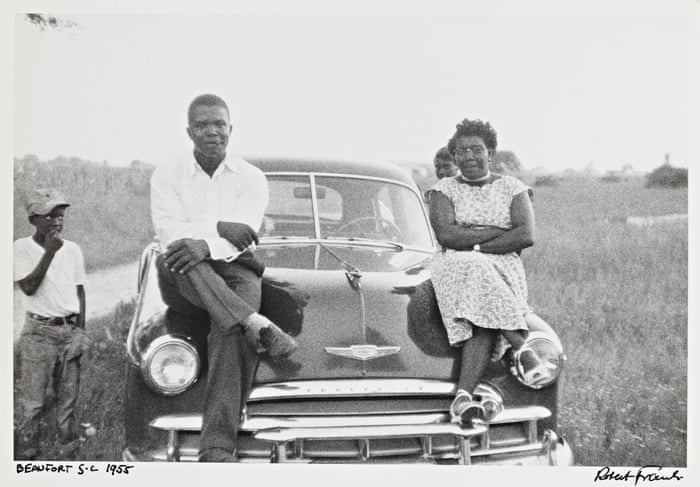
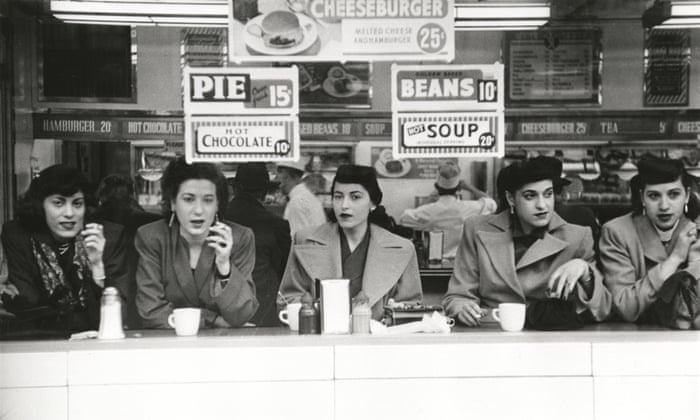
White Tower, New York, 1948
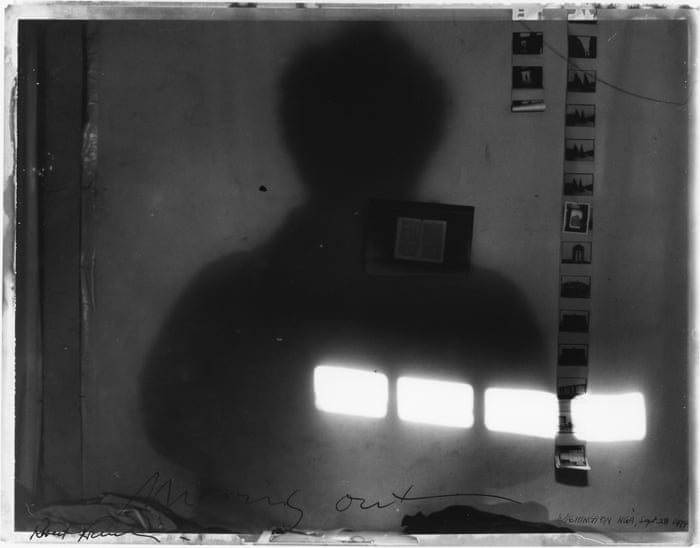 New York City, 7 Bleecker Street, September 1993
New York City, 7 Bleecker Street, September 1993
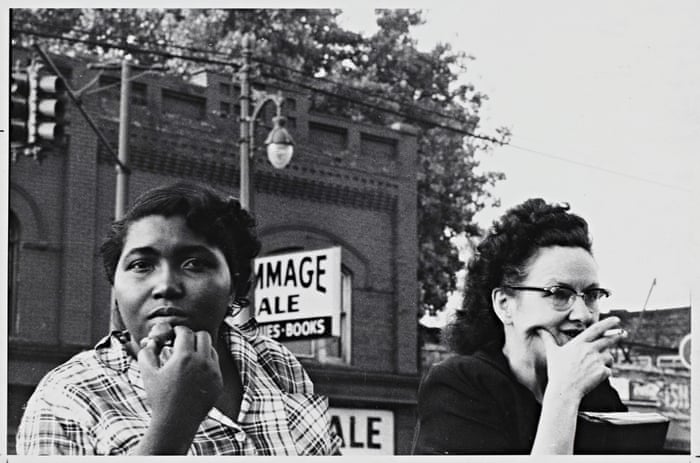 Detroit, 1955
Detroit, 1955
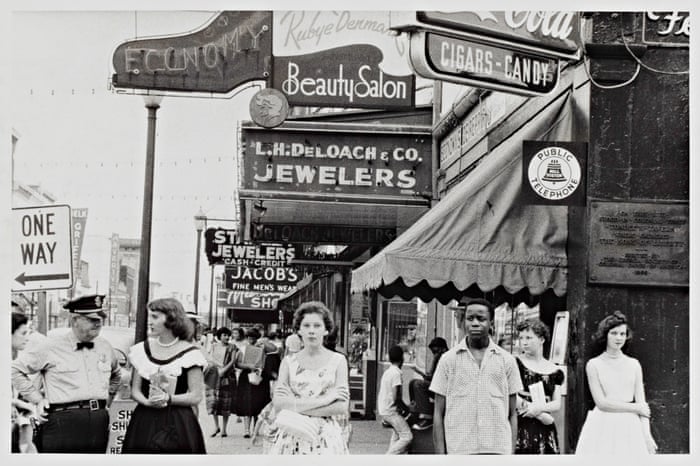 Main Street – Savannah, Georgia, 1955
Main Street – Savannah, Georgia, 1955
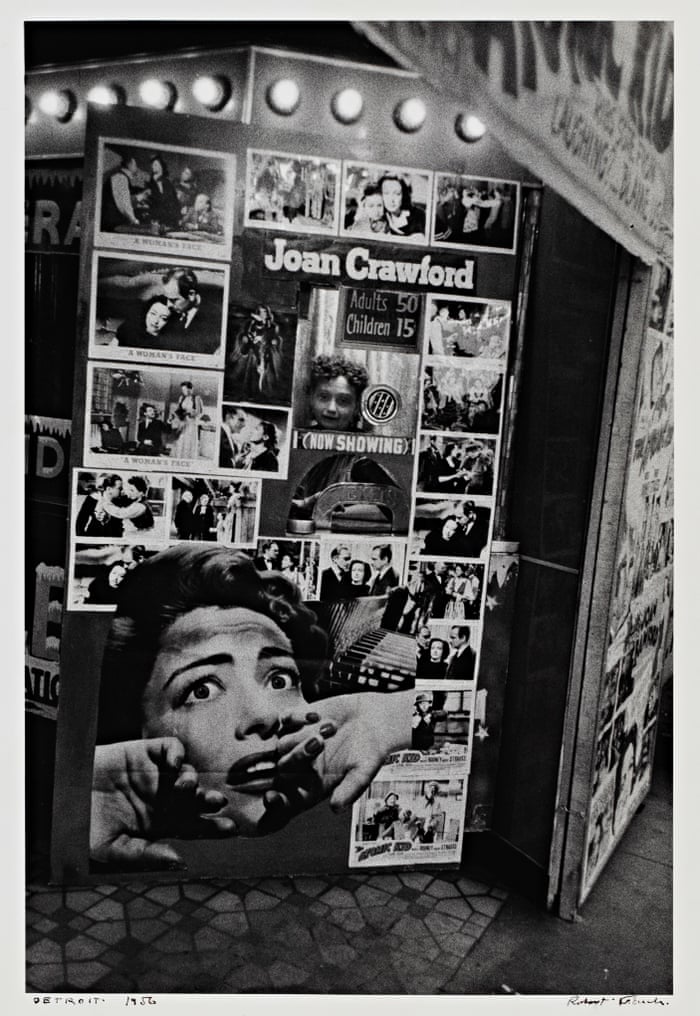 Detroit, 1955
Detroit, 1955
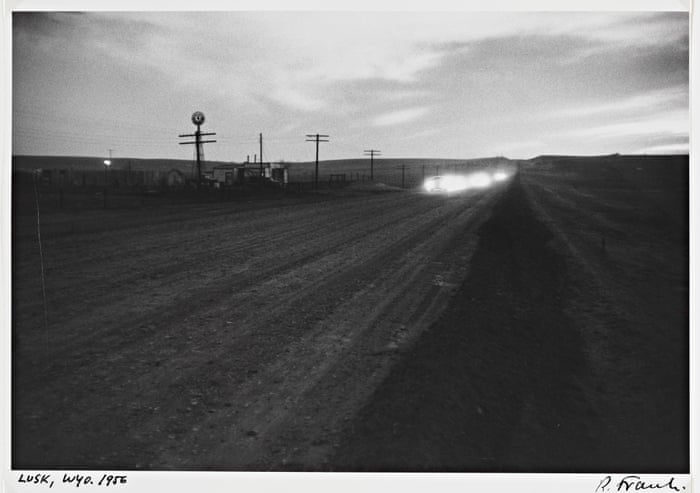
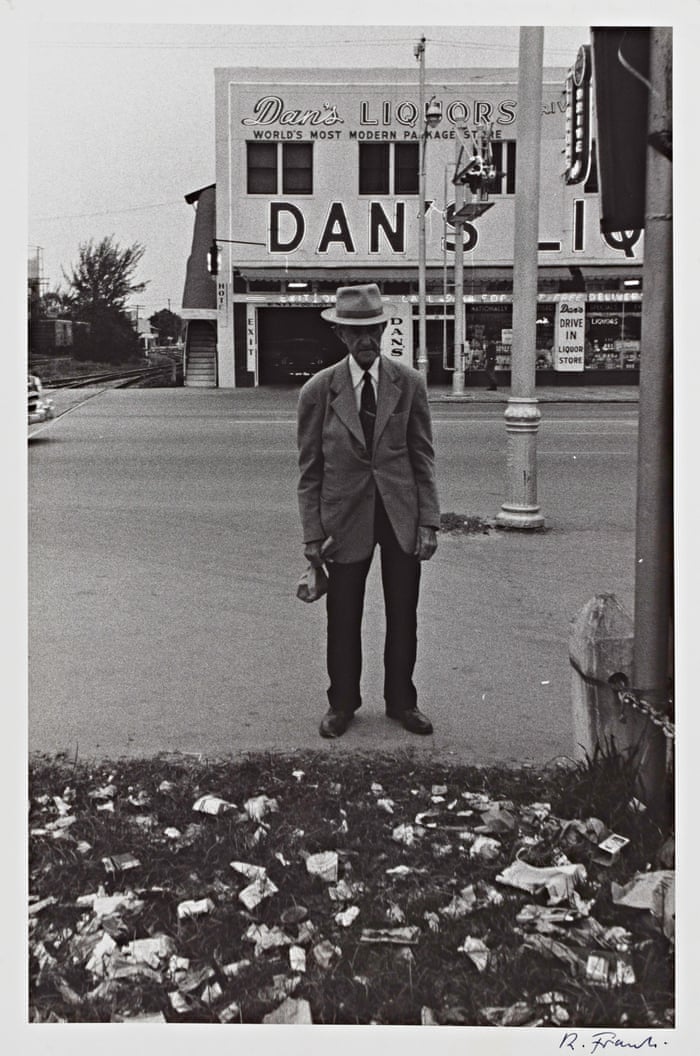
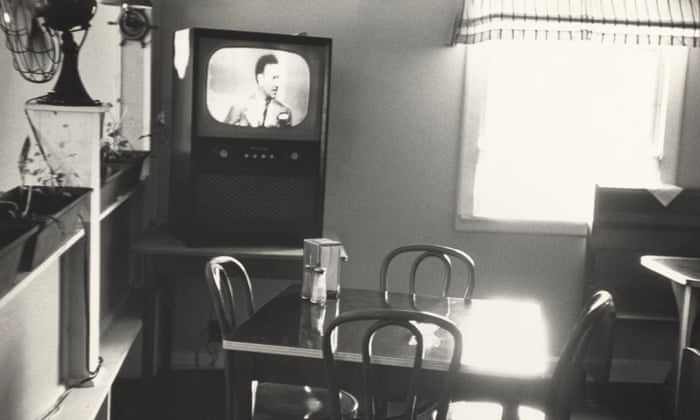 A restaurant on US Route 1 leaving Columbia, South Carolina, 1958
A restaurant on US Route 1 leaving Columbia, South Carolina, 1958



Iowa, 1956
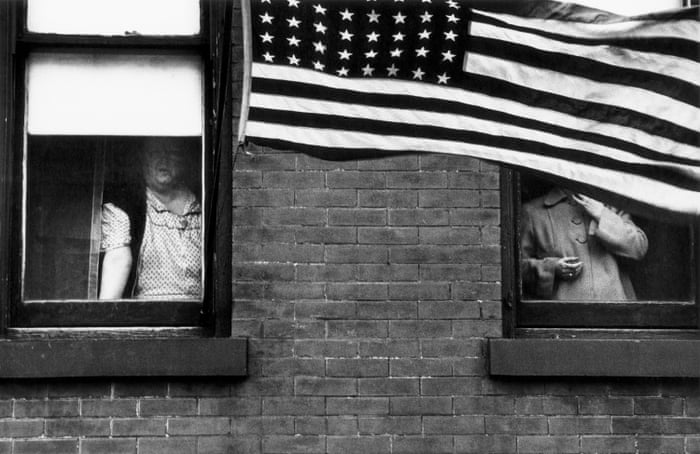 Parade – Hoboken, New Jersey, 1955
Parade – Hoboken, New Jersey, 1955


Democratic National Convention, Chicago


Beaufort, South Carolina, 1955

White Tower, New York, 1948





Lusk, Wyoming, 1975

Miami, 1955

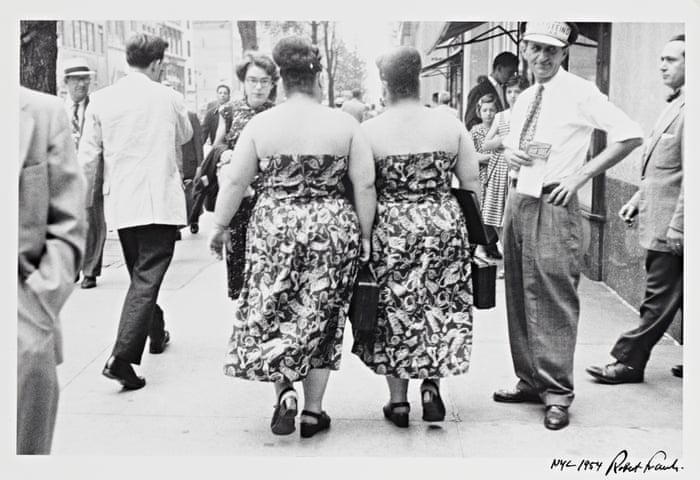
Subscribe to:
Posts (Atom)
